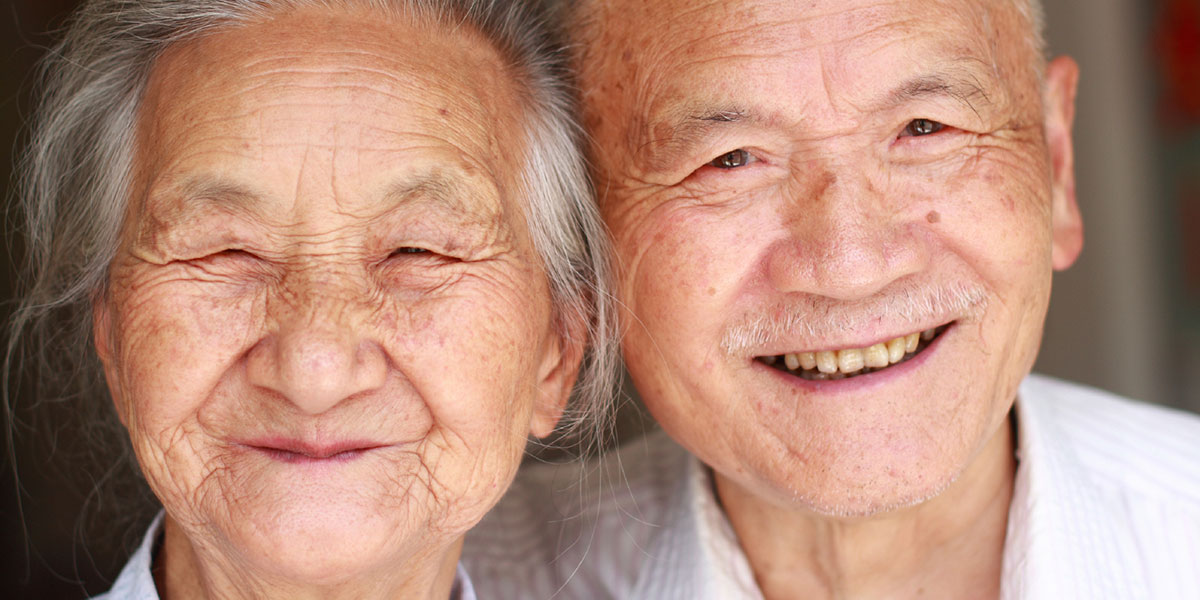
FAQ’s
How to start Hospice care service?
Call for evaluation
Hospice staff will visit & evaluate patient anytime (if patient is ready). If the patient, caregiver, or authorized person agree to hospice consent form, hospice starts immediately.
Where is Hospice care provided?
Hospice care is provided in a setting that best meets the needs of each patient and family. The most patient wants to receive care at their home. Hospice care is also provided in nursing homes, assisted living facilities and hospitals according to patient care needs.
What family do if Hospice care start?
Most of the patient resides at their home. The caregiver should support patient’s emotional distress and physical pain with hospice instruction and education. However, hospice medical staff and a spiritual counselor will follow up most of the distress of patient in the mean times.
Does Hospice provide 24-hour in-home care?
No, Hospice provides intermittent nursing visit to assess, monitor and manage symptoms, as well as teach family and caregivers the skills they need to care for the patient. Hospice teams are available 24 hours a day, 7 days a week to answer questions or visit anytime the need for support arises.
Is it possible pain and symptoms be controlled at home?
Yes, Pain and symptoms can be controlled in the patient’s home. If a pain and symptom (i.e. nausea, vomiting, or difficulty breathing) become a problem, the hospice nurse can be reached 24-hours a day, 7 days a week.
Does Hospice provide 24-hour in-home care?
No, Hospice provides intermittent nursing visits to assess, monitor and treat symptoms, as well as teach family and caregivers the skills they need to care for the patient. Hospice team members are available 24 hours a day, 7 days a week to answer questions or visit anytime the need for support arises.
Can a hospice patient choose to return to curative treatment?
Yes, Receiving hospice care is always a choice. A patient may leave hospice and return to curative treatment of that is their choice. If the patient later chooses to return to hospice care, Medicare, Medicaid, and most insurance companies permit re-activation of the hospice benefit.
What if the patient needs to go back to the hospital?
By calling hospice first, we may be able to help keep the patient from having to be admitted to the hospital. If we are unable to control the patient’s symptoms at home, hospice will arrange for the patient to be directly admitted to the hospital for symptom management.
Is the decision for hospice caregiving up hope or waiting to die?
No, Hospice is about living. Eden Hospice strives to bring the quality of life and comfort to each patient and their family. Our successes are in helping a patient and family live fully until the end. Often patients will feel better with good pain and symptom management. Hospice is an experience of care and support, different from any other type of care.
Does hospice do anything to bring death sooner?
No, Eden Hospice goal is always to relieve suffering and manage symptoms. Hospice does nothing to speed up or slow down the dying process. Our role is to lend support and allow the disease process to unfold as comfortably as possible.
Does hospice provide support to the family after the patient dies?
Yes, We have bereavement service that supports family and caregivers emotionally and psycho-socially for a year following the patient’s death. These services may include bereavement letter for family and caregivers, personal visit, and providing information concerning the grief process.
How often will a nurse visit and how long does the visit last?
It will vary depending on the patient and family needs and condition. Most patients are seen by a nurse two to three times per week and are approximately 45 minutes to an hour long.
What kind equipment and supplies cover from hospice?
Hospice cover basic medical equipment like hospital beds and wheelchairs as well as items like dressing change supplies that are related to the terminal illness.
What if the patient is not eating and drinking, and become dehydrated? Will he or she get IV fluids?
It will vary depending on the patient condition. If there is no complication, the Nurse will give IV fluids. It is a normal part of the dying process for a person to become dehydrated. However, we give the opportunity for family and caregivers to choose how to proceed.
When is the right time for hospice care?
There are several factors to determine the right time for hospice care. The following physical signs can indicate the readiness
The following physical signs can indicate the readiness for you or a loved for hospice care:
- Health continues to decline.
- Symptoms are affecting your quality of life.
- You are depressed and anxious.
- Daily tasks or living alone is no longer manageable.
- Doctors say there is little else they can do, and you need more or continued support from your loved ones.